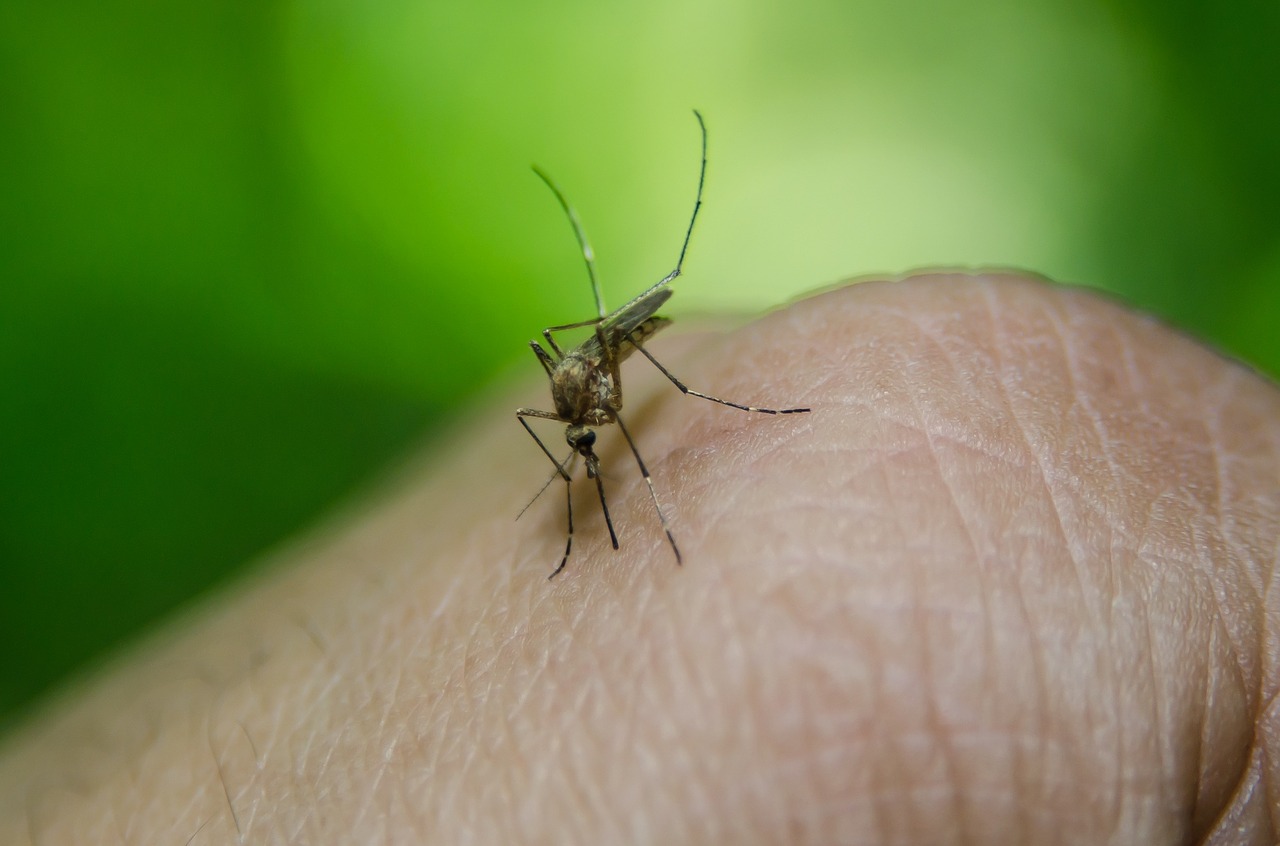
Studies around the world have shown that infecting mosquitoes with a bacteria resulted to a significant fall in dengue fever cases.
Global trials have indicated that infecting mosquitoes with Wolbachia bacteria make it harder for them to spread the virus, instead of killing them off. According to researchers, the findings are critical as cases of dengue fever have fallen by over 70% in field trials.
Scientists have been scrambling to find new ways of controlling dengue as cases have surged globally in the past 50 years. According to the World Health Organization (WHO), only nine countries had faced sever dengue outbreaks in 1970 but now there are more than 100 nations where dengue fever is present all the time, known as endemic dengue.
Around half of all people globally live in areas where dengue is a problem and there are an estimated 390 million infections each year. In contrast, the cases of malaria, another mosquito-borne disease, have been falling over the years.
Dengue fever is caused by a virus transferred from person to person by mosquitoes and is commonly known as "break-bone fever" because it causes severe pain in muscles and bones. The worst cases of dengue fever is called "dengue hemorrhagic fever", which kills 25,000 people annually worldwide.
Infecting the mosquitoes with Wolbachia bacteria make it more difficult for the dengue virus to grow inside them. This is because the bacteria stays in areas that the dengue virus needs to access and that the it uses up resources that the virus needs.
Prof. Steven Sinkins from the University of Glasgow said: "It is relatively uncontroversial: it is not infectious to humans and is perfectly safe." He added: "What the mathematical modelling would suggest is, if you take a city and build a great moat around it and stop people moving in and out, then you'd eliminate dengue in that city."






